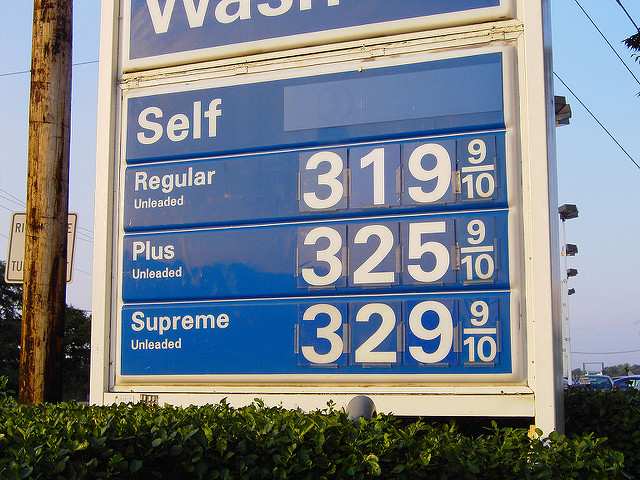
It’s been a long time since many Americans were able to see, let alone pay, for gas below $2 per gallon. It is certainly a nice change of pace compared to the amount that was needed to pay for fuel in past years. There is a saying, if it seems too good to be true, it probably is. President Obama felt the need to try and make this a reality with his proposed $10 per barrel oil tax within his 2016 budget proposal. So much for his promise of not raising taxes on low and middle income Americans.
If it hasn’t been clear from the Administration’s recent attempts, this is a blatant and unapologetic effort to force Americans off of traditionally affordable energy and onto renewable resources; it can even be seen in a White House memo explaining the purpose of such a tax.
It seems that the President’s tax policy doesn’t live in a world of reality. The Obama White House fully believes that this “fee” will be paid by the oil and gas companies, thus allowing the American consumer to continue to pay less for fuel. This sentiment is either a lack of understanding of how taxes work or a blatant regard for simple economics.
Back into the world of reality, this oil tax will fall upon the consumers and ensure that everyone is paying more than they should at the pumps, especially low-income families. The President’s proposed tax would raise gas prices by at least 25 cents per gallon.
Depending on the state, this could allow gas to rise well above $2 per gallon once more. Hard-working low income families will cough up $144 per year in order to fund the President’s environmental crusade. In 2015, low income families spent 12 percent of their post-tax income on gasoline in comparison to only 3 percent by high income families.
Unfortunately for American consumers, this isn’t the only affect such a tax will have on the American economy. According to a report compiled by the Tax Foundation, the proposed gas tax will result in a $48 billion annual loss in U.S. GDP. In addition, the tax will cause the shedding of at least $137,000 jobs.
The financial impact of the tax is high, and the increased economic burden placed onto the American family is indefensible. This ideological push is clearly a last chance attempt for the President to salvage his legacy, at the expense of hard-working American households and the U.S. economy.

